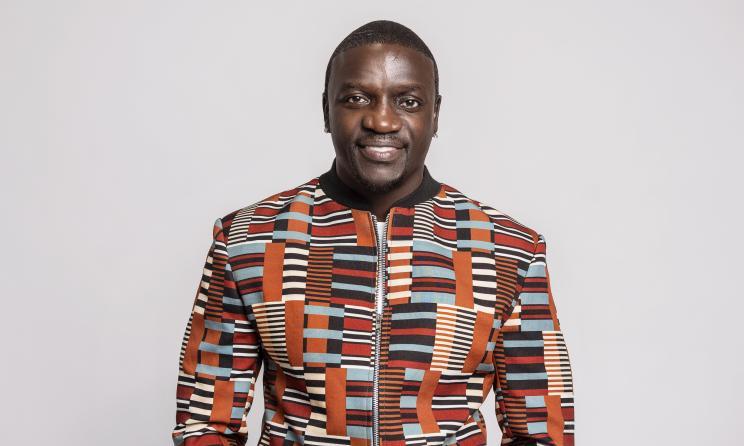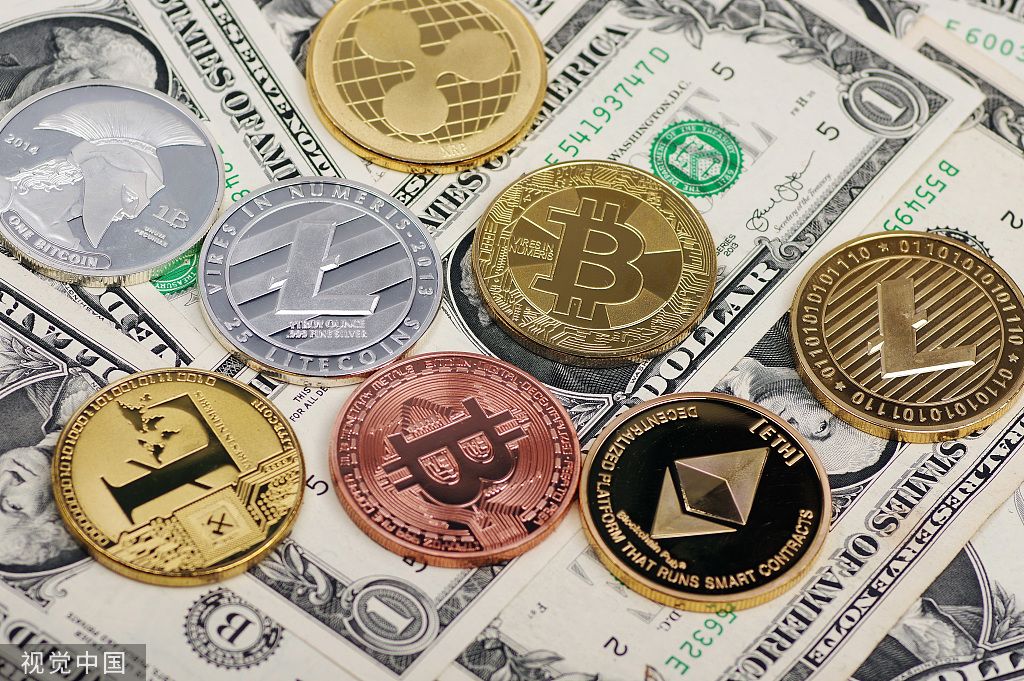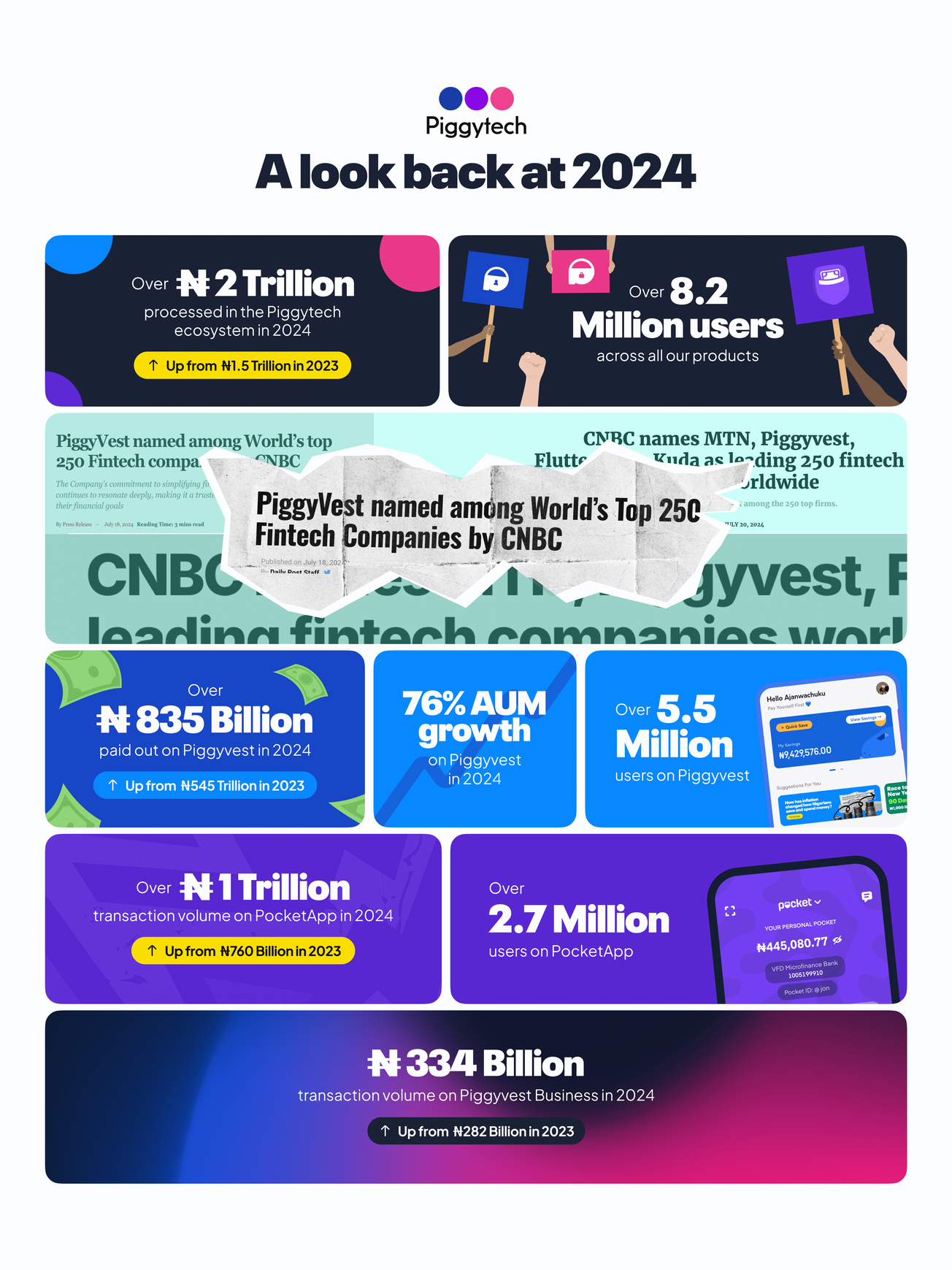The idea of national digital currencies in Africa is not new. Tunisia was the first country on the continent to grab headlines regarding a national digital currency, but it was Senegal that truly made the first move on creating one.
In December 2016, Senegal launched a blockchain based national currency known as eCFA to co-exist as a legal tender alongside the recognized fiat currency, CFA Franc, while holding the same value as the fiat currency. The issuance of the eCFA is controlled by the Central Bank of West African Economic and Monetary Union (WAEMU). The countries under the jurisdiction of WAEMU are Ivory Coast, Benin, Mali, Burkina Faso, Togo, Niger, and Guinea Bissau. The eCFA is different from other cryptocurrencies like bitcoin because it is controlled and issued by a central bank.
Senegal’s eCFA launch was the result of a collaboration between a local Senegalese bank, Banque Regionale de Marches (BRM), and a Dublin-based company specializing in creating digital currencies for central banks to operate alongside notes and coins, eCurrency Mint Limited. BRM issued the eCFA in compliance with e-money regulations of WAEMU.
However, a report by Bloomberg in 2017 showed that WAEMU distanced itself from plans to introduce a digital currency. The bank said it was not involved in the eCFA project and would not consider doing so. The bank also warned the issuing bank, BRM, in a statement on its website, to desist from using the term “eCFA” to prevent any kind of confusion with the legal currency in the region.
The statement by WAEMU seemed to have made the project a short lived one, with no report on the development of the eCFA after the statement.
A similar thing as what played out in Senegal happened in Tunisia. The Central Bank of Tunisia last year denied reports of the institution launching a digital currency. The bank crushed unfounded rumors that it had become the first monetary authority to issue a central bank digital currency (CBDC). Instead, it stated that the uDinar project it was not affiliated with was taken out of context.
The blockchain firm that launched the digital currency, Russian tech provider Universa, clarified that its work is not a CBDC but was launched as a “proof-of-concept” backed by the Tunisian Dinar. The firm said the fiat-backed currency is in no way affiliated with the Central Bank of Tunisia.
While both the eCFA and the uDinar have turned out to be possible failures, or just not getting the required traction yet, there is another project in Senegal keeping the hopes of a widely used digital currency alive. Akon City, reportedly under construction currently in Senegal, plans to use Akoin, a crptocurrency popular Senegalese American singer, Akon, has launched, as the local currency in the city.

Rwanda and South Africa last year showed interests in issuing their own national digital currencies. Bloomberg reported last that the National Bank of Rwanda, Rwanda’s central bank, was researching how other central banks have gone about creating a national digital currency. South Africa’s central bank, the South African Reserve Bank (SARB), announced a feasibility project investigating creating a digital currency that would allow consumers transact without a bank account.
Africa in focus
Population: 1.3 billion (2020)
GDP: $6.7 trillion (2019)
GDP per capita: $1970 (2019)









